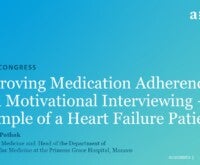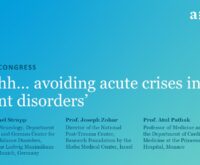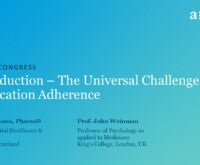Session: Introducing the my a:care motivational solution
my a:care is Abbott’s latest mobile application to support a patient’s adherence to medication through reminders, encouragement, and accountability, and by providing health information. my a:care app motivates behavior change by using attainable, measurable goals and easy to follow behavior changes rooted in established intervention methodology. Hear more about how my a:care app can improve a patient’s medication adherence rates, help…



